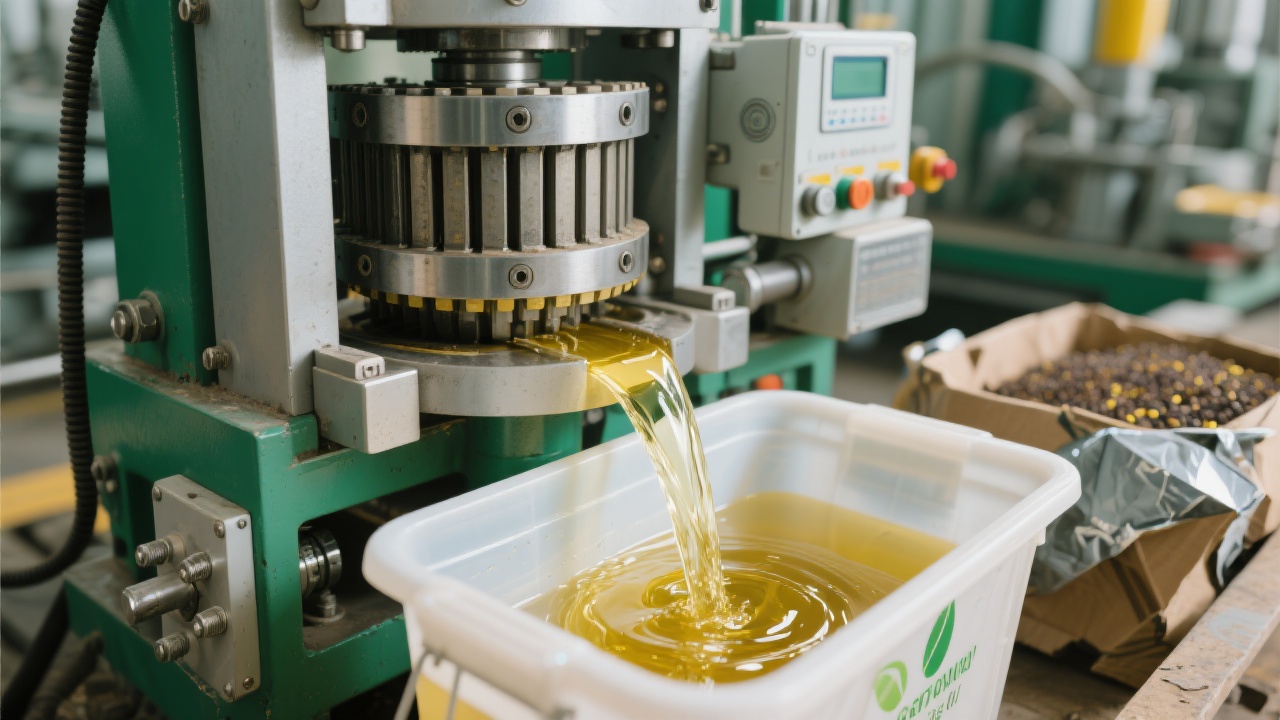
As global demand for sustainably produced food ingredients rises, soybean oil producers—especially those targeting international markets—are under increasing pressure to adopt environmentally responsible practices. According to the Food and Agriculture Organization (FAO), over 60% of EU and North American buyers now require certified sustainable sourcing for edible oils, making environmental compliance not just a moral imperative but a commercial necessity.
Modern soybean oil mills are shifting from traditional solvent extraction methods to advanced technologies like supercritical CO₂ extraction and enzymatic refining. These innovations reduce energy consumption by up to 25% while improving yield accuracy. For instance, a pilot plant in Brazil reported a 15% increase in oil recovery after switching to continuous-flow expeller systems, alongside reduced water usage by 30% per ton of processed soybeans.
| Process Step | Traditional Method | Optimized Green Alternative |
|---|---|---|
| Oil Extraction | Hexane Solvent | Supercritical CO₂ or Enzymatic |
| Waste Treatment | Open Evaporation Ponds | Anaerobic Digestion + Biogas Recovery |
| Energy Use per Ton | ~180 kWh | ~135 kWh |
Export-oriented mills must align with standards such as ISO 22000 (food safety), FSSC 22000, and EU Regulation (EC) No 852/2004 on hygiene of foodstuffs. In practice, this means implementing real-time monitoring systems for emissions, waste streams, and raw material traceability. A case study from an Indonesian mill showed that adopting digital tracking tools reduced non-compliance incidents by 70% within one year—a key factor in securing contracts with European supermarket chains.

Environmental optimization isn’t just about ethics—it’s about profitability. Mills that invest in green upgrades see an average ROI of 18–24 months, according to a 2023 McKinsey report on agri-processing sustainability. Reduced utility costs, lower fines for pollution violations, and access to premium pricing from eco-conscious buyers all contribute to long-term resilience. Moreover, companies with verified sustainability credentials often outperform peers in B2B procurement tenders—particularly in Germany, Japan, and Canada where ESG criteria are embedded in purchasing decisions.
Pro Tip: Start small—implement a single process improvement (like installing heat exchangers or recycling spent grain for animal feed) and scale based on measurable results. This approach builds internal buy-in and demonstrates value quickly to investors and clients alike.


